- The project will meet 10% of the power demand of the hub
- The United Arab Emirates is investing heavily in clean energy projects and has announced several measures aimed at achieving net zero emissions by 2050
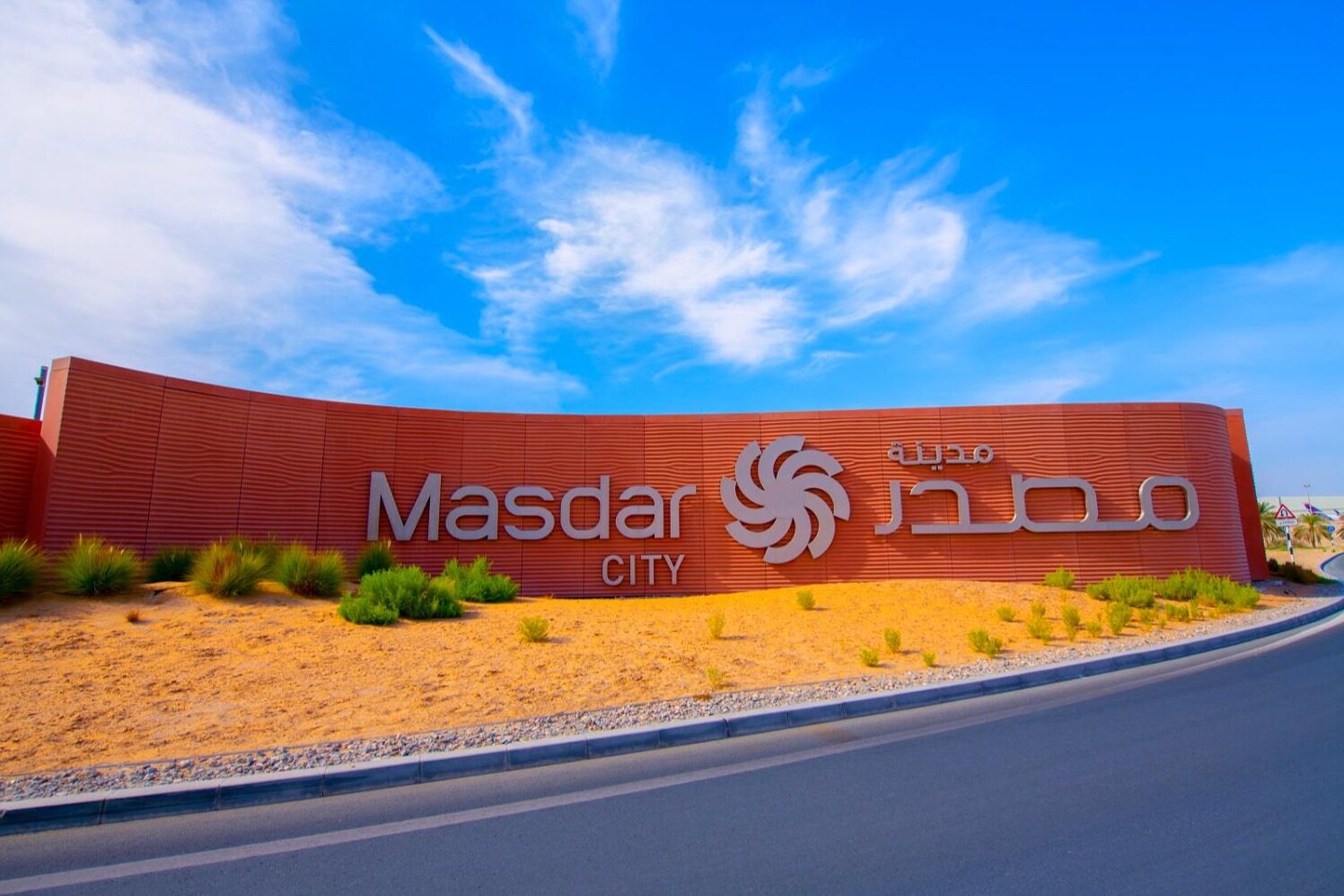
ADNOC and the National Central Cooling Company have announced the first project in the Gulf region to utilize geothermal energy. These companies have completed the testing of two geothermal wells in Masdar City, Abu Dhabi. The hot water generated by the heat from the well will be generated into chilled water through an absorption cooling system, which will then be supplied to the Tabreed area cooling network in Masdar City to meet 10% of the cooling needs of the sustainable research and development center.
Throughout ADNOC, we are developing and deploying innovative climate technologies and low-carbon solutions to achieve our accelerated decarbonization plan and our ambition to achieve net zero emissions by 2045, "said Musabbeh Al Kaabi, Executive Director of ADNOC's low-carbon solutions and international growth. Geothermal energy is a widely available clean and renewable energy source in the United Arab Emirates, which can provide basic load electricity. However, so far, it is still an undeveloped energy source, Mr. Al Kaabi said.
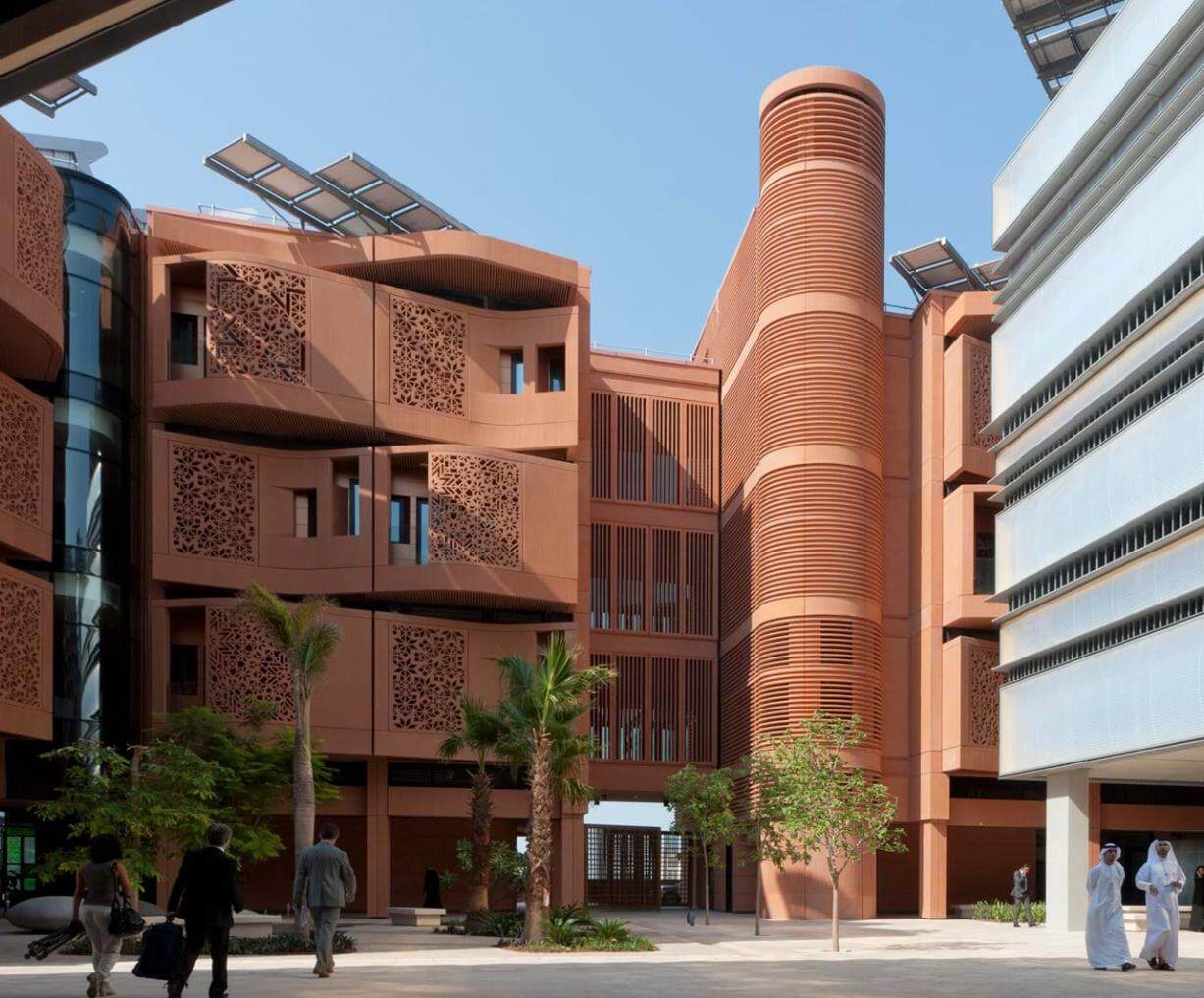
Geothermal energy utilizes the heat generated within the Earth's core to provide constant energy, unlike solar or wind energy, which are essentially intermittent. Geothermal power plants also have high capacity factors, which means they can operate at maximum power for longer periods of time.
In March 2023, ADNOC Drilling signed a preliminary five-year agreement with Abu Dhabi clean energy company Masdar to explore partnerships and investments in geothermal energy.
ADNOC stated that it plans to achieve net zero emissions by 2045 and advance the deadline from the previous 2050 target. The company has allocated $15 billion to invest in a series of projects by 2030, which will help accelerate its low-carbon growth strategy.
These projects include clean energy, carbon capture and storage, further electrification of operations, energy efficiency, and new measures taken based on its zero conventional natural gas removal policy. The country is developing clean energy projects such as the Balaka nuclear power plant, a two gigawatt solar power plant in the Al Dhafra region of Abu Dhabi, and a five gigawatt Mohammed bin Rashid Al Maktoum solar park in Dubai.
In July, the cabinet also approved an updated version of the UAE's 2050 energy strategy and the development of a national hydrogen energy strategy. According to the latest goals of the UAE's 2050 energy strategy, the second largest economy in the Arab world will invest $54 billion by 2030 to ensure that it meets energy demand while maintaining economic growth.
Tabreed CEO Khalid Al Marzooqi stated that the integration of geothermal energy and regional cooling operations represents significant progress on the path of the UAE towards diversifying its energy structure and achieving net zero emissions by 2050.
Mr. Al Marzooqi said that we are proud to collaborate with ADNOC to accelerate our decarbonization work before COP28, which also emphasizes our commitment to exploring the latest technologies and utilizing the power of renewable energy to meet the growing demand for sustainable refrigeration.Editor/XingWentao
Comment
 Praise
Praise
 Collect
Collect
 Comment
Comment
 Search
Search


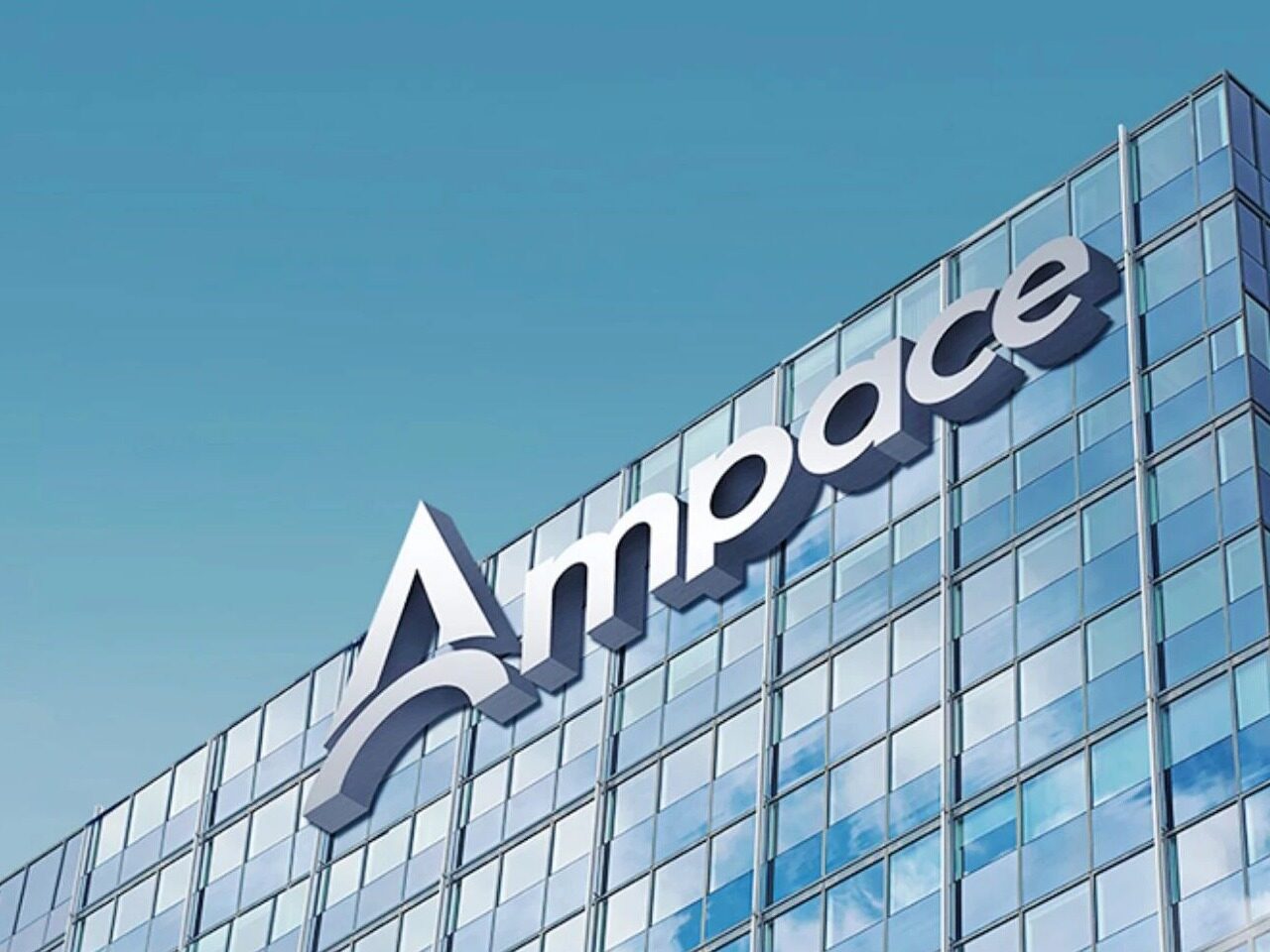
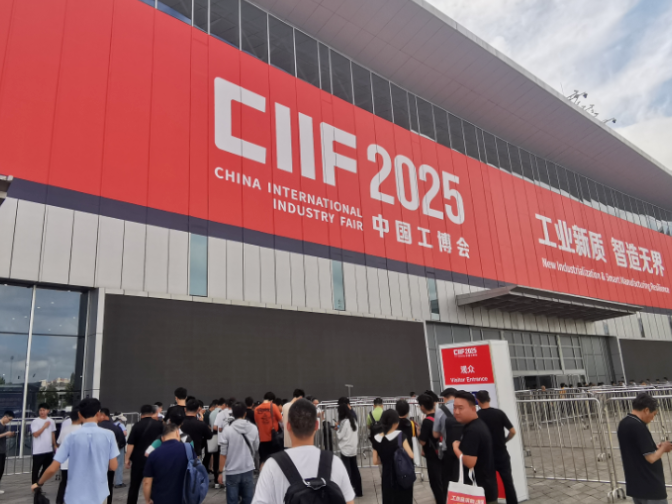
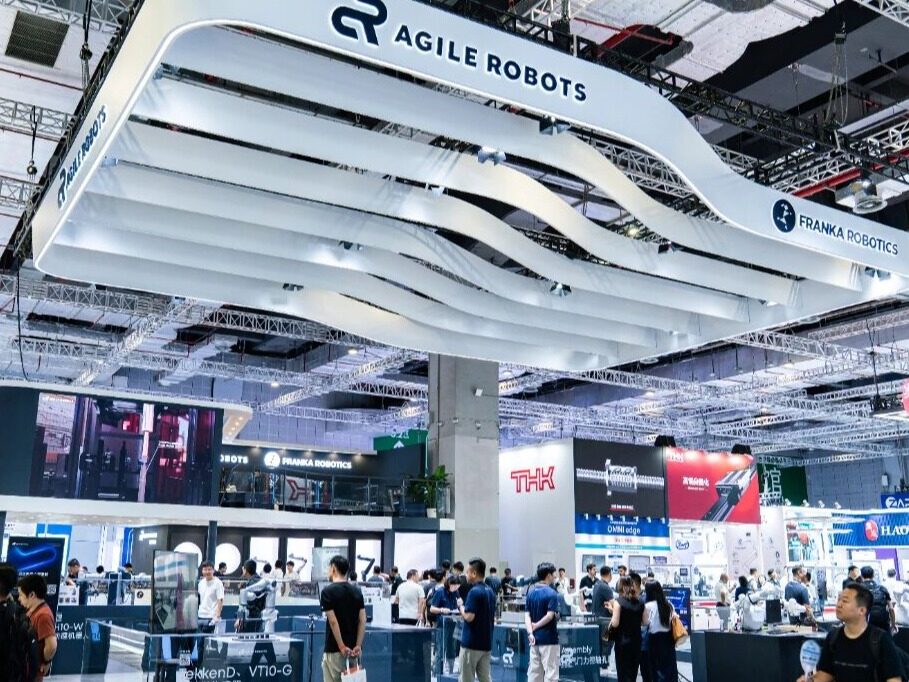
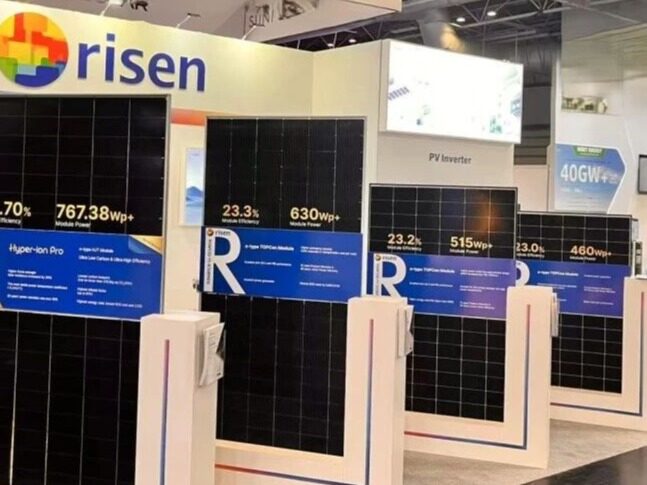
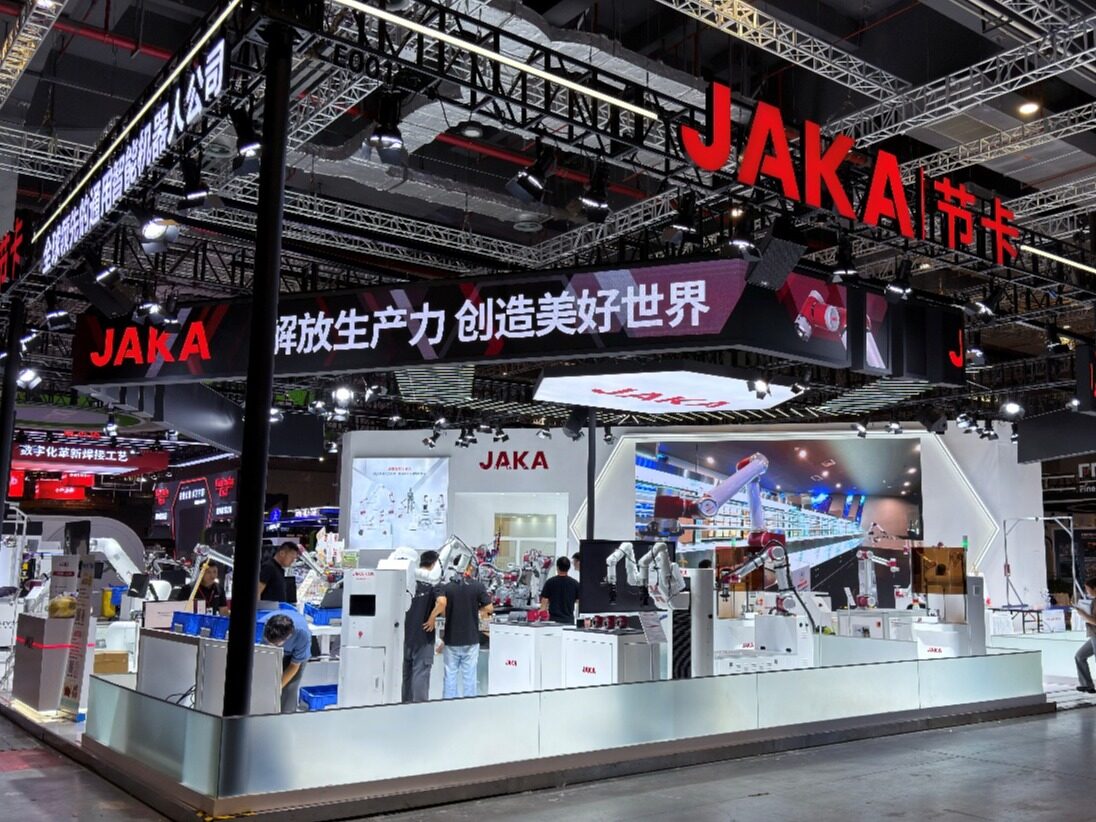
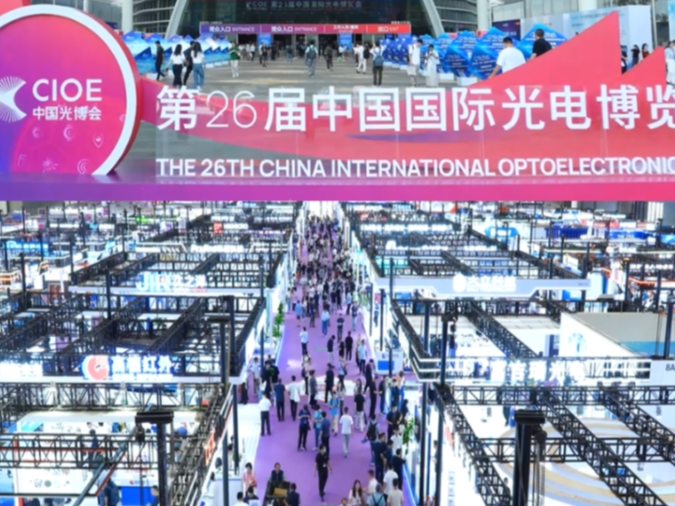






Write something~